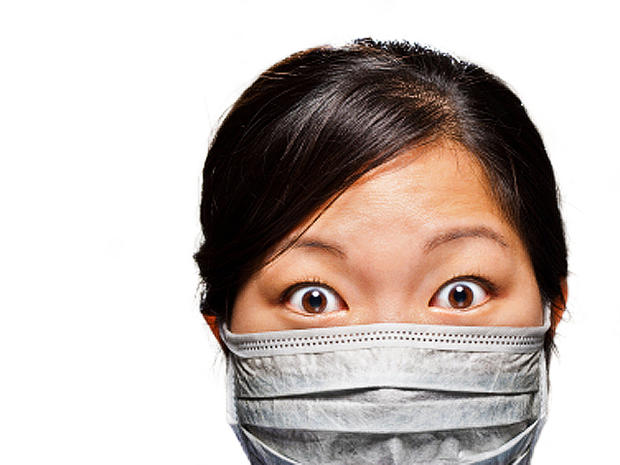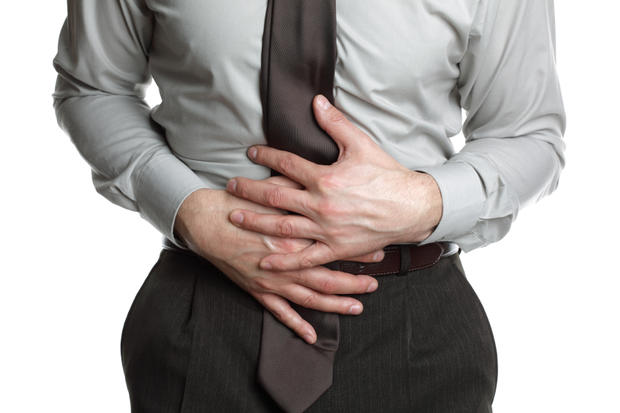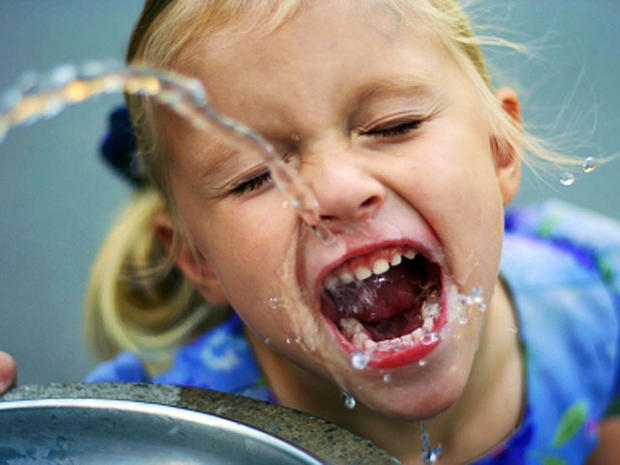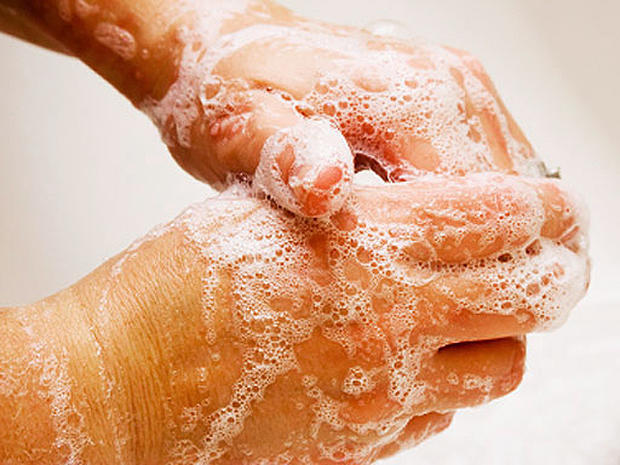E. coli: 5 life-saving facts you must know
E. coli is one complicated little germ. Some strains of the bacteria are harmless, but others can cause diarrhea, pneumonia, kidney problems - and even death. E. coli one of the most common causes of foodborne illness in the U.S., sickening about 265,000 people each year, according to data from the Centers for Disease Control and Prevention.
Keep clicking to find the answers to common questions about E. coli.
What causes E. coli infection?
Infection starts when you swallow tiny amounts of human or animal feces. Typically, the amount is so small as to be invisible. Where do these microscopic traces of poop come from? You can get them from contaminated food. Raw produce, raw milk, soft cheese, and unpasteurized apple cider are among the foods to have been implicated in some outbreaks. You can also get E. coli from handling a dirty diaper or eating food prepared by someone who did not wash his/her hands properly.
Who's at risk?
Just about anyone can become infected with dangerous strains of E. coli bacteria. But young children and old people are most likely to develop severe symptoms, such as diarrhea, urinary and respiratory problems, and pneumonia. In rare cases, the disease is lethal.
What are the symptoms?
Symptoms vary but often include stomach cramps, diarrhea (sometimes bloody), vomiting, and mild fever. Symptoms typically appear within four days, though sometimes the "incubation period" can last a week. Most people get better within seven days. But some people develop a very serious problem known as hemolytic uremic syndrome, which can lead to kidney failure. People with HUS require hospitalization.
How are E. coli infections treated?
Antibiotics should not be used. There's no evidence that antibiotics help - and some evidence that they can increase the risk for HUS. The same is tryu for antidiarrheal drugs like Imodium. Staying hydrated is important. But a doctor can recommend the best course of treatment.
How can you prevent E. coli infection?
In addition to avoiding raw and unpasteurized juices (like fresh apple cider), it's important always to wash your hands thoroughly after using the bathroom or changing diapers and before preparing or eating food. Had contact with farms or farm animals? Wash your hands. Cook meat thoroughly, and wash counters, cutting boards, and utensils after they come into contact with raw meat. Finally, avoid swallowing water when swimming or playing in swimming pools, ponds or streams.









